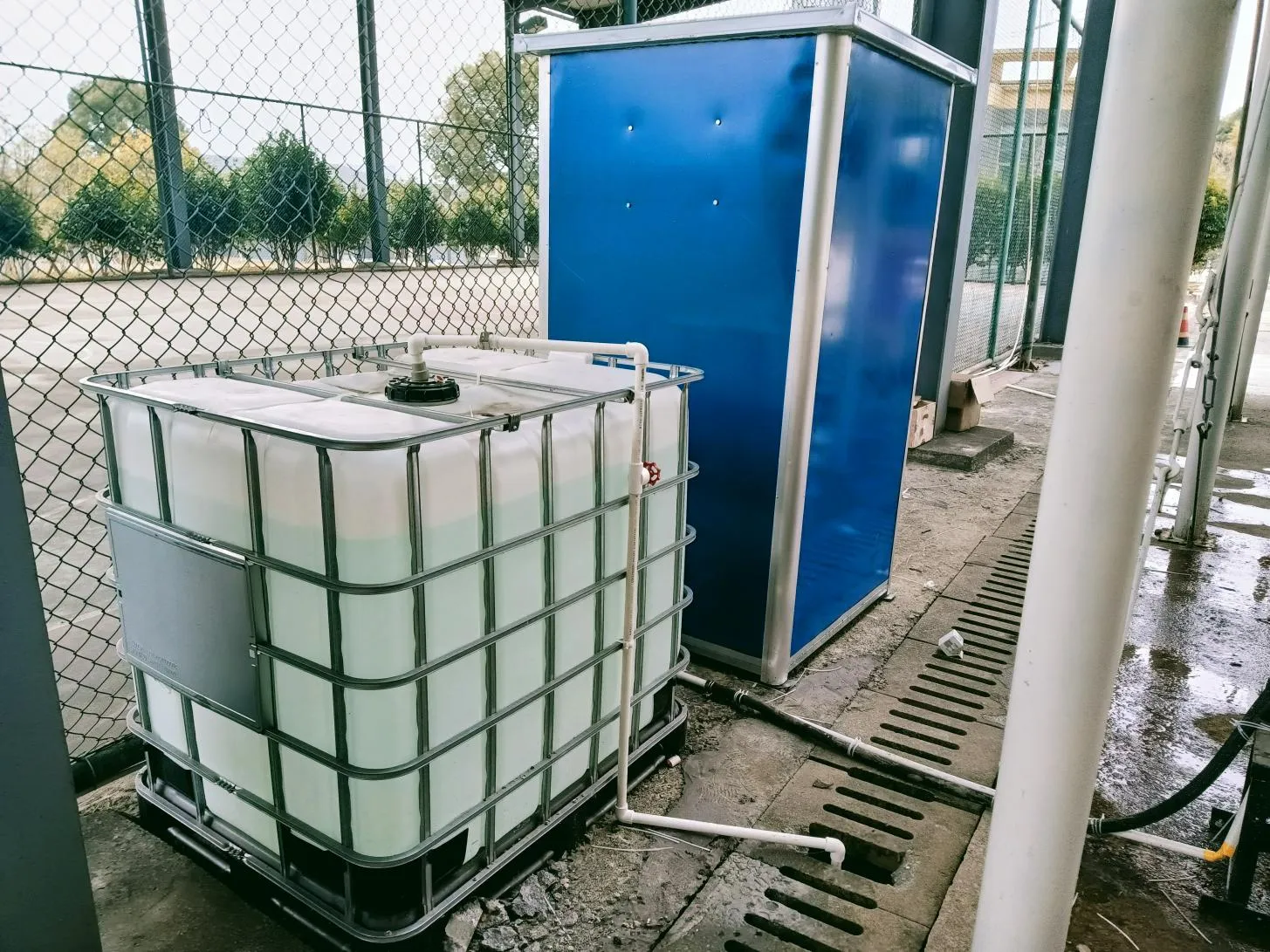
- Afrikaans
- Albanian
- Amharic
- Arabic
- Armenian
- Azerbaijani
- Basque
- Belarusian
- Bengali
- Bosnian
- Bulgarian
- Catalan
- Cebuano
- Corsican
- Croatian
- Czech
- Danish
- Dutch
- English
- Esperanto
- Estonian
- Finnish
- French
- Frisian
- Galician
- Georgian
- German
- Greek
- Gujarati
- Haitian Creole
- hausa
- hawaiian
- Hebrew
- Hindi
- Miao
- Hungarian
- Icelandic
- igbo
- Indonesian
- irish
- Italian
- Japanese
- Javanese
- Kannada
- kazakh
- Khmer
- Rwandese
- Korean
- Kurdish
- Kyrgyz
- Lao
- Latin
- Latvian
- Lithuanian
- Luxembourgish
- Macedonian
- Malgashi
- Malay
- Malayalam
- Maltese
- Maori
- Marathi
- Mongolian
- Myanmar
- Nepali
- Norwegian
- Norwegian
- Occitan
- Pashto
- Persian
- Polish
- Portuguese
- Punjabi
- Romanian
- Russian
- Samoan
- Scottish Gaelic
- Serbian
- Sesotho
- Shona
- Sindhi
- Sinhala
- Slovak
- Slovenian
- Somali
- Spanish
- Sundanese
- Swahili
- Swedish
- Tagalog
- Tajik
- Tamil
- Tatar
- Telugu
- Thai
- Turkish
- Turkmen
- Ukrainian
- Urdu
- Uighur
- Uzbek
- Vietnamese
- Welsh
- Bantu
- Yiddish
- Yoruba
automatic car washing system price
The Price of Automatic Car Washing Systems A Comprehensive Overview
In today's fast-paced world, convenience is key, and one area where this is particularly evident is in car maintenance. Automatic car washing systems have become a popular solution for vehicle owners seeking efficient and effective ways to keep their cars clean. With the growing demand for these systems, understanding their pricing and the factors that influence costs is essential for both consumers and business owners.
Understanding Automatic Car Washing Systems
Automatic car washing systems come in various types and configurations, each designed to meet different needs and budgets. Generally, these systems can be categorized into two main types touchless car washes and friction car washes. Touchless washes use high-pressure water jets and detergents to clean the car without any physical contact, minimizing the risk of scratches. In contrast, friction car washes use soft cloths or brushes to physically scrub the vehicle's surface.
Factors Influencing Prices
1. Type of System The initial purchase price of an automatic car washing system can vary significantly based on the type. Touchless systems are often more expensive than friction systems due to the advanced technology and equipment involved. A basic friction wash system might cost around $20,000 to $50,000, while more elaborate touchless models can range from $50,000 to over $100,000.
2. Size and Capacity The size of the washing system also affects the price. Larger systems capable of washing more vehicles per hour will typically cost more. For example, a single-bay system designed for low to moderate traffic could start at around $30,000, while a multi-bay system suitable for high-volume commercial use could exceed $200,000.
automatic car washing system price

3. Features and Technology Modern automatic car washing systems come equipped with various features such as advanced water reclamation systems, integrated payment systems, and customizable wash options. These additional functionalities can significantly raise the cost. Systems incorporating eco-friendly technologies or smart sensors that adjust water pressure and detergent use based on the vehicle's condition can add thousands to the overall price.
4. Installation and Maintenance Beyond the purchase price, installation costs must also be considered. Depending on the complexity of the system and the site's requirements, installation can range from a few thousand to tens of thousands of dollars. Additionally, ongoing maintenance and operational costs, including detergents, water usage, and utilities, can impact the overall investment.
5. Location and Market Demand The geographical location and local market demand for car wash services can also influence pricing. In urban areas where car washes are in high demand, prices may be higher compared to rural locations. Business owners must conduct market research to understand competitive pricing and to ensure that their service offering aligns with consumer expectations.
Analyzing the Return on Investment (ROI)
While the upfront costs of automatic car washing systems can be significant, it is essential for potential buyers to consider the return on investment. For commercial operators, the potential for profit exists through high-volume washes, customer loyalty programs, and ancillary services. A well-placed automatic car wash can attract a steady stream of customers, making the investment worthwhile over time.
Conclusion
The price of automatic car washing systems is influenced by a multitude of factors, making it crucial for both consumers and business owners to carefully evaluate their options. From the type of washing system to installation costs and ongoing maintenance, several elements play a critical role in determining the overall investment. As demand for convenient car cleaning solutions grows, investing in an automatic car washing system can prove to be a beneficial decision for those looking to enhance their vehicle maintenance experience or operate a successful car wash business. Ultimately, prospective buyers should conduct thorough research, compare different systems, and consider their individual needs and financial capacity before making a purchase. With the right system, the road to a clean car can be an efficient and enjoyable journey.
-
Update Your Car Wash Business with the Right Tunnel Car Wash SystemNewsMay.27,2025
-
Transform Your Vehicle Care Routine with the Right Auto Car Wash MachineNewsMay.27,2025
-
The Future of Car Cleaning – High Pressure Systems for Every Wash BayNewsMay.27,2025
-
Revolutionize Vehicle Cleaning with the Right Automatic Car WasherNewsMay.27,2025
-
Foster Your Business with Leading Car Wash Manufacturers and SuppliesNewsMay.27,2025
-
Elevate Your Auto Cleaning Business – Partner with the Right Car Wash Machine SuppliersNewsMay.27,2025



